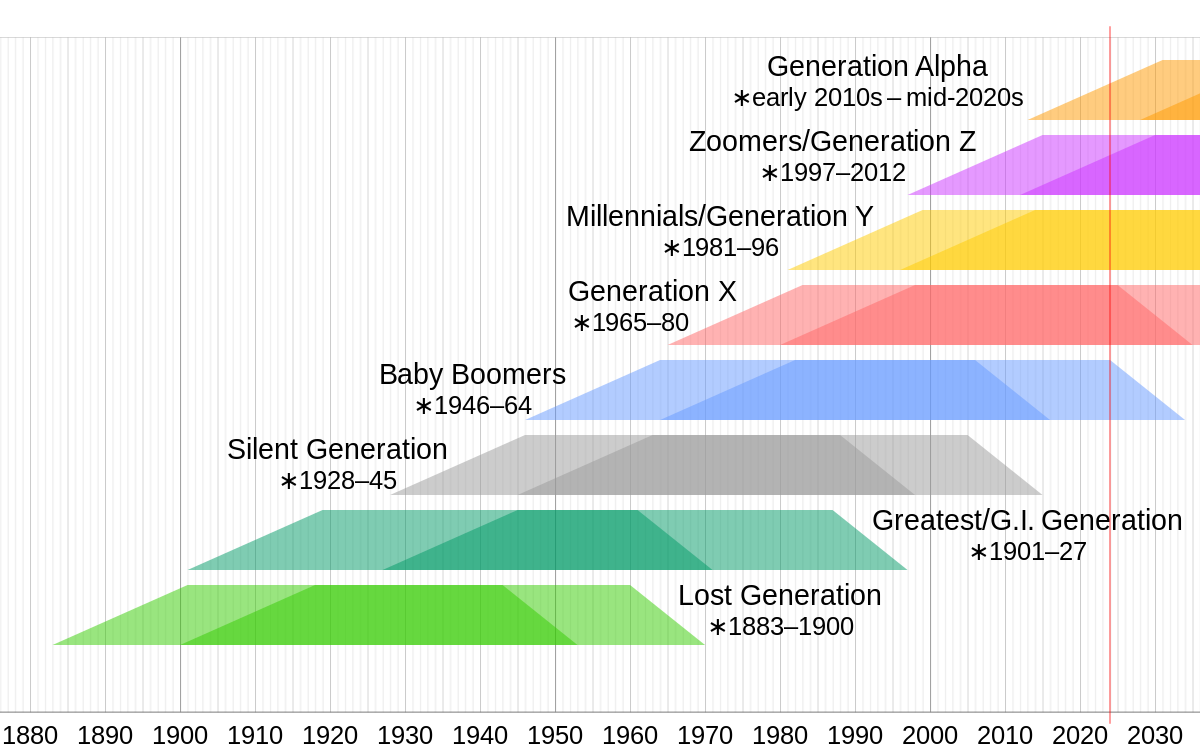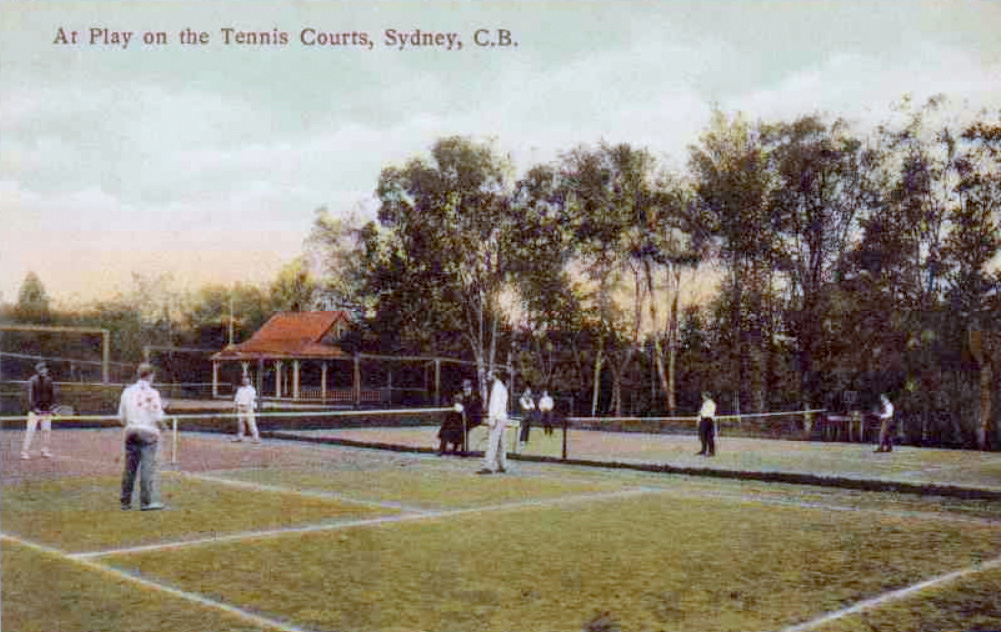While you make some salient points here, I don't know if the UFC comparison does your argument justice. There's a breaking in/vetting period in MMA that doesn't apply to most other individual sports, where you often have to toil away in the 'minor leagues' or beat multiple ranked opponents before securing a title shot.
Khabib, for instance, was basically a championship-caliber fighter by 25 (MAXIMUM, and perhaps earlier based on sheer ability). This was made clear when he dominated RDA in '14, who won the title less than a year later. Yet, he didn't even receive the opportunity to fight for it until 29.9...despite losing zero official rounds in the UFC before the McGregor fight.
Islam, ditto. He has been out-grappling ADCC champs at AKA for years, and per Mendez has been the only LW even taking rounds off Khabib in practice. He's been a championship-level LW since his mid 20's, by my reckoning, but absolutely no one wanted to fight him lol, and since he wasn't a draw he wasn't given the opportunity.
Leon, he's been coasting through decisions since his early 20's (when his winning streak started) but they slow-played him pretty hard too.
Ngannou, well,
he started MMA in his mid 20's and was a technical novice from the wrestling side of things until recently. When he shored up his technical deficiencies, he improved loads, yes, but that same improvement likely would've occurred at a similar stage in his 20's if he took up the sport earlier--as they say, the lower your floor is the more room you have for improvement. And wrestling
is generally a young mans sport, so I don't see why MMA wrestling would be much different.
With Pereira, there's really no meaningful frame of reference here. He got fast-tracked to an unmeritocratic degreee for being a great kickboxer and a potential foil/stylistic nightmare for Izzy. He only started pursuing MMA with any dedication at
28, and has only faced two top opponents. Again, really no telling if he would've been a phenom in his early 20's if he started training in his late teens and was given the same fast-tracking. As it stands, he didn't even start
kickboxing until 22.
Usman, similar story: only started MMA at 25, and there's just no way you can get fast-tracked to a title shot in >5 years unless you're a big name like Brock Lesnar or Bo Nickal or something. He's definitely improved as a fighter, but his knees have basically been shot since he reached his late 20's and he probably would've beaten Woodley long before he finally got the chance.
Jiri's last fight was at 29 and let's just say it wasn't the most convincing win, nor has he faced particularly strong opposition. I know by virtue of winning the title he HAS to be ranked in the top 15, but in terms of actual opposition beaten...many, many questions remain, and little to state conclusively that he's better now than he was in his mid 20's.
Holloway became champ at 26, and was delivering masterclasses before then too. No good evidence to suggest he was better at 29-31 than 25-27, when he tore a healthier/less battle-worn Aldo apart twice. His last fight against Volk (who, tbf, seems to be a
legit example of a fighter that's aged like wine) was a very one-sided loss.
Adesanya...started MMA at 21, didn't string together multiple fights in quick succession til 26. How does this same fighter fare if he began MMA training early in life? No one knows.
Jones is on the list for reputation alone - his last two fights were against Santos in 2019 (by my judgment it was a narrow 48-47 win against a very small LHW that injured both legs during the fight) and Reyes in early 2020 (officially a win, but 3/4ths of MMA Media had Dom as the victor). He hasn't fought in three years, and his performance peak was from 2011-2015--ages
24-28.
Can go on and on, but point is it's basically impossible to draw conclusions about how longevity-friendly MMA is when
a) it's a very young sport, paradigms are constantly changing. You have guys like Jimi Manuwa starting MMA training at 27 and then reaching the Top 15 a few years later....that sort of stuff just isn't even
possible in tennis, so how can we compare the two?
b) no matter how good you are, it's inherently unlikely you'll get a title shot before your late 20's. The top fighters frequently hold up the division by not vacating the belt when injured, or stalling to pick favourable match-ups. The UFC brass has also mismanaged things to a scandalous degree in some weight classes, like WW where it's just the same group of 5-6 guys fighting over and over again ffs (Usman-Colby 2x, Masvidal-Usman 2x, Colby-Masvidal, Edwards-Usman 2, soon to be 3x, AND SO ON). Khamzat and Shavkat have probably possessed the ability to smash any of those guys for years now lol. Yet they won't get the shot to prove it until they're 30. Of course you won't get much turnover when it's like that.
c) the sample sizes are ridiculously small and liable to lead to misleading conclusions. Some champs will fight three times in five years and if they win two of em, can remain on the list. And once again, since turnover is glacial (partially due to point B, but not entirely), these rankings will always be biased towards established (read: older) fighters. There's just no way around that unless you expect guys on the come-up to fight killers once a month cuz the clock's ticking.
d) the rankings themselves are hopelessly tailored to boost
popular established fighters. E.g McGregor, who didn't even drop out of the LW Top 10 until recently......he's 1-3 at LW in his career. The one win came six years ago. He lost the other three badly.
Also, despite perhaps being 'the most physical sport' the standard MMA skillset actually seems
more age-resistant than its counterparts, another reason a direct comparison with tennis is fraught with problems. Strength and technique (valued everywhere, but especially combat sports) decline a lot slower than raw speed/other forms of raw athleticism which enable guys like Couture to stick around until 48 despite being at an age where they would've reached terminal decline in other sports; I mean seriously, can you imagine a Couture-equivalent in modern day tennis, basketball or footy (either kind, except for QB/Kicker in the American version)? Tennis places a larger premium on reflexes/reaction speed, which start to decline in your early 20's (see here:
https://journals.plos.org/plosone/article?id=10.1371/journal.pone.0094215). Makes sense why, among combat sports, wrestling is actually the least age-friendly as alluded to previously.
As for the other sports, well I can't say I want to exhaustively sift through each example, but baseball is actually trending younger and has been for some time. Oldies have been making waves, especially on the mound, forever...but less so now. Trout is 'only' 31, and a generational player so there's no surprise he's still near the top...but he was better from ages 22-26. He has fallen off defensively by some distance, is no longer a terror on the basepaths and isn't as durable. He's improved his plate discipline and raw power, but there's no question he's a less effective player now.
And finally, not to sound like I'm belabouring the point but a lot of these athletes in other sports
did go through big declines, only, as you say, they're less noticeable in team sport settings. For instance, LeBron in '20-'21 and '21-'22 is basically a Fed '13 or Nadal '15-equivalent player...no better than 6th-7th in the world, arguably worse (based on performance in a vacuum I actually think he's 8th-10th at best)...but Fed's '13 and Nadal's '15 were horror-fests while LeBron's efforts are understandably celebrated. Being the “best of the rest” means more in team sports than tennis. If you’re a Top 5-10 player for 8-10 years in baseball, basketball or football (but no better), you’re an all-timer, an easy Hall of Famer. In tennis, it makes you Tomas Berdych.




